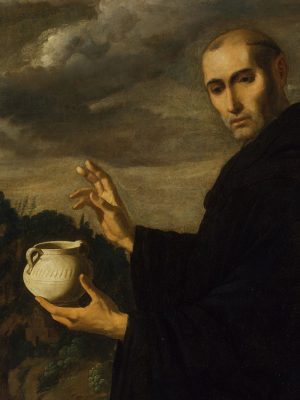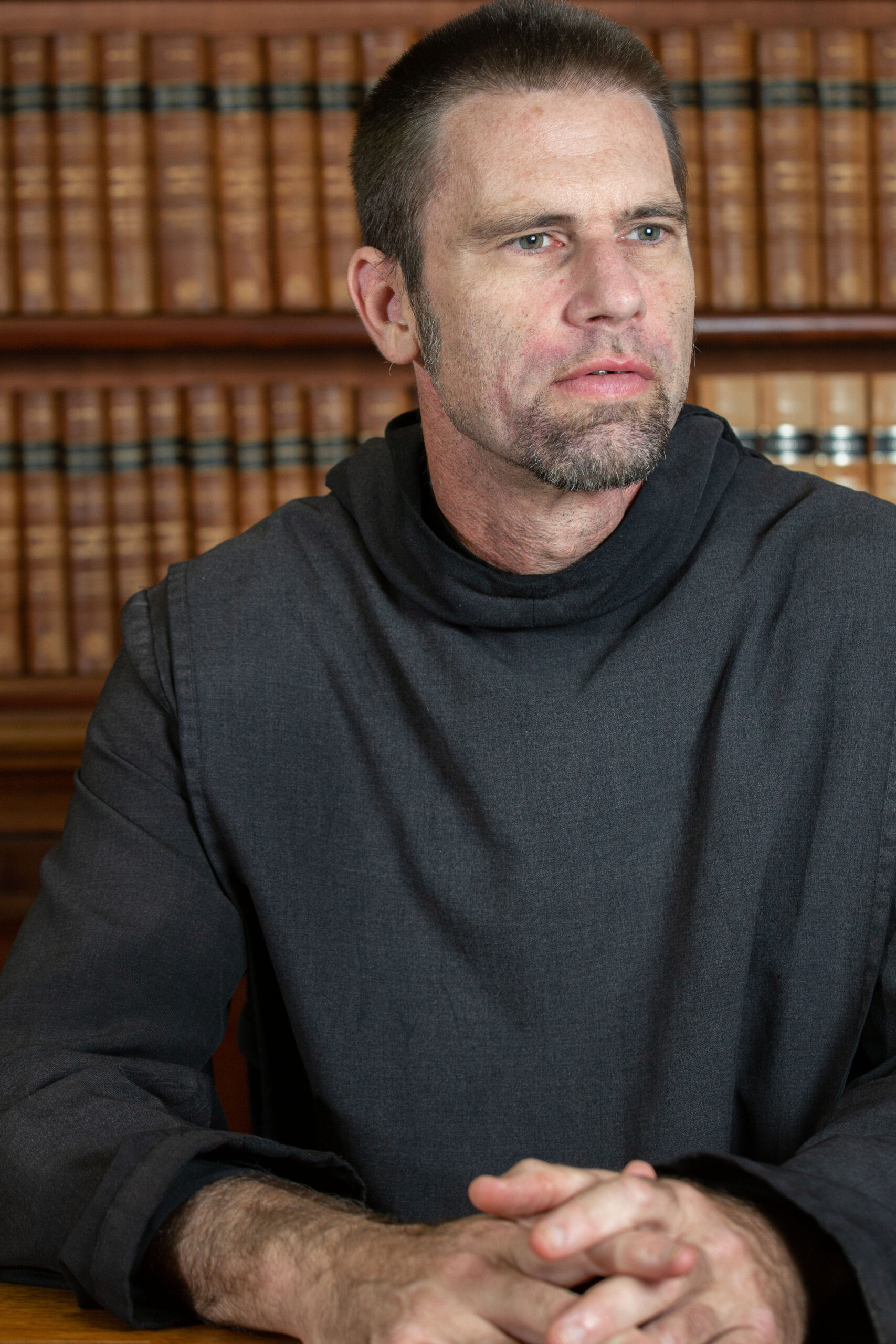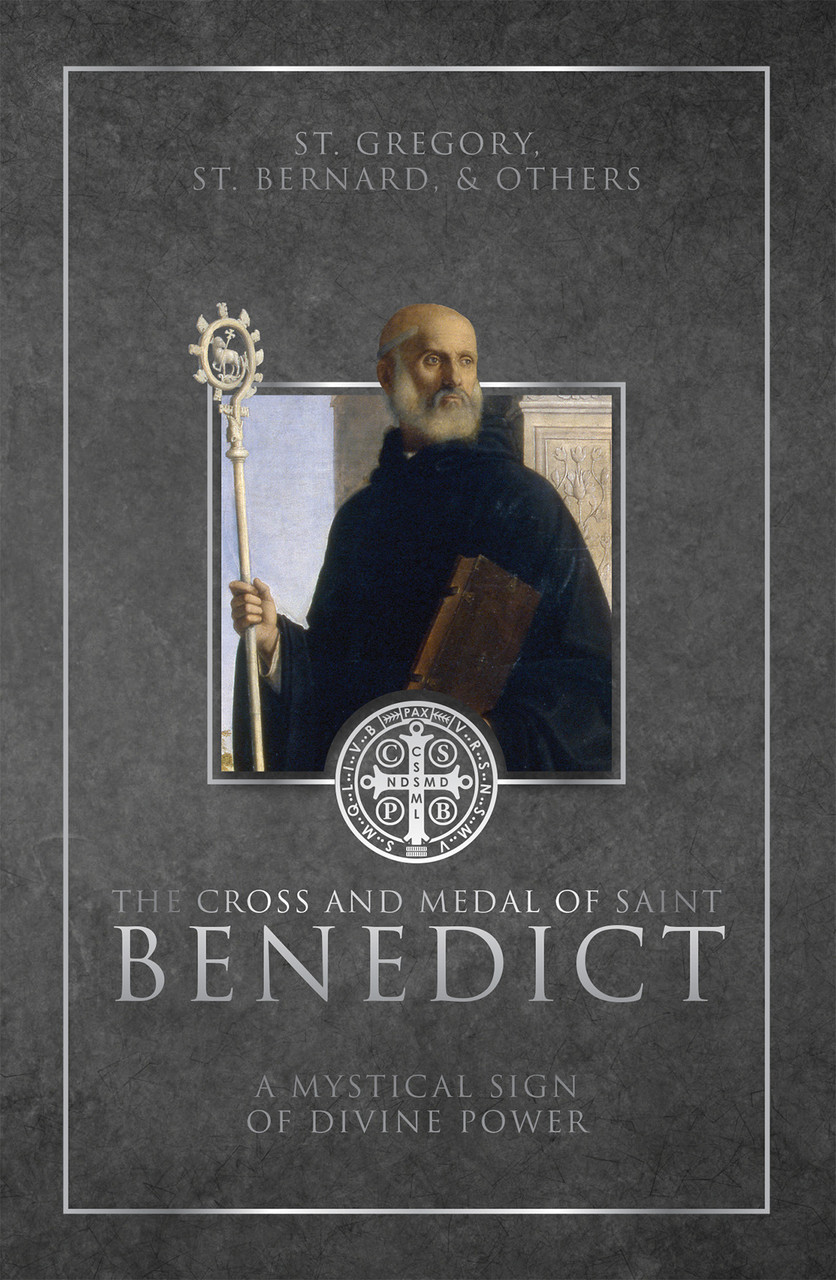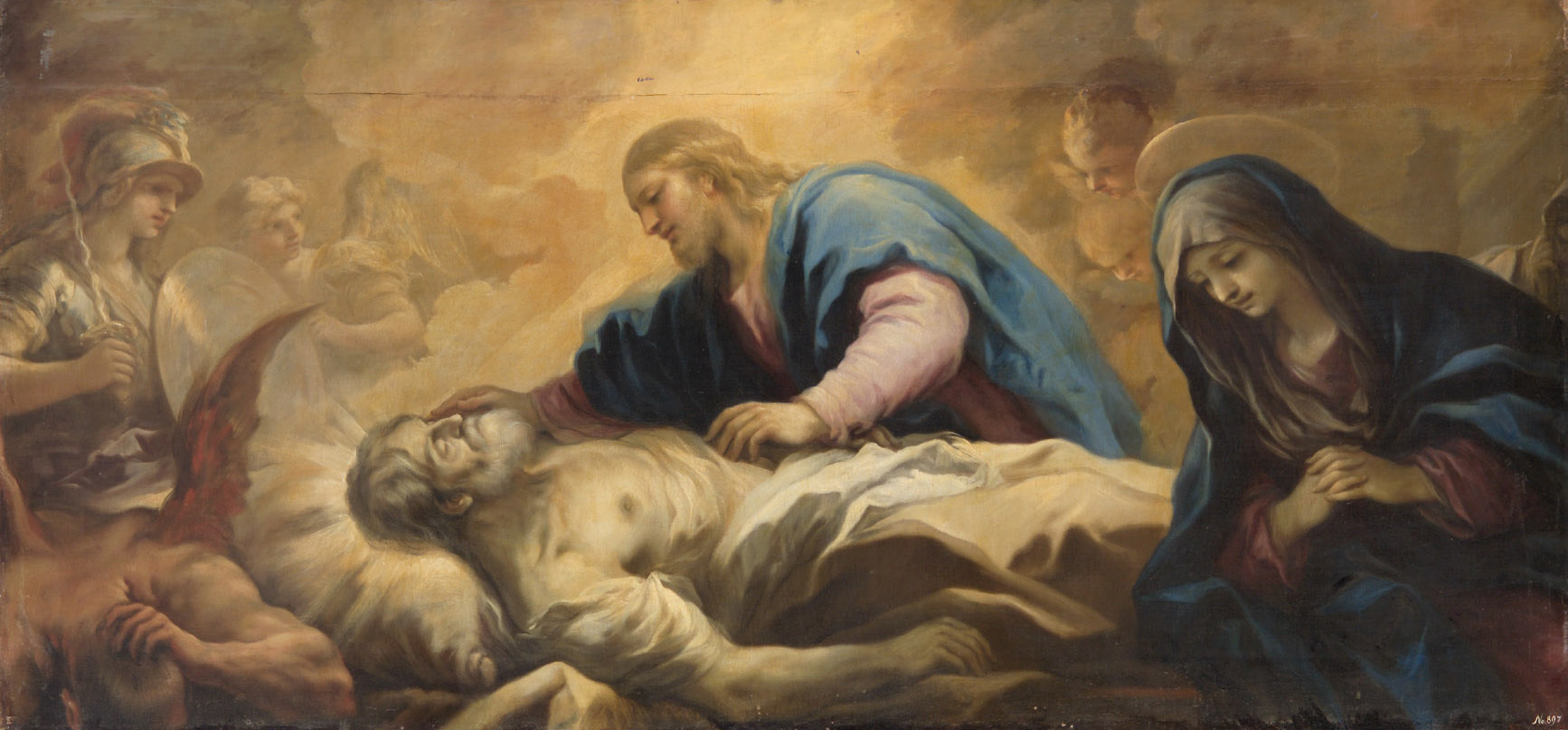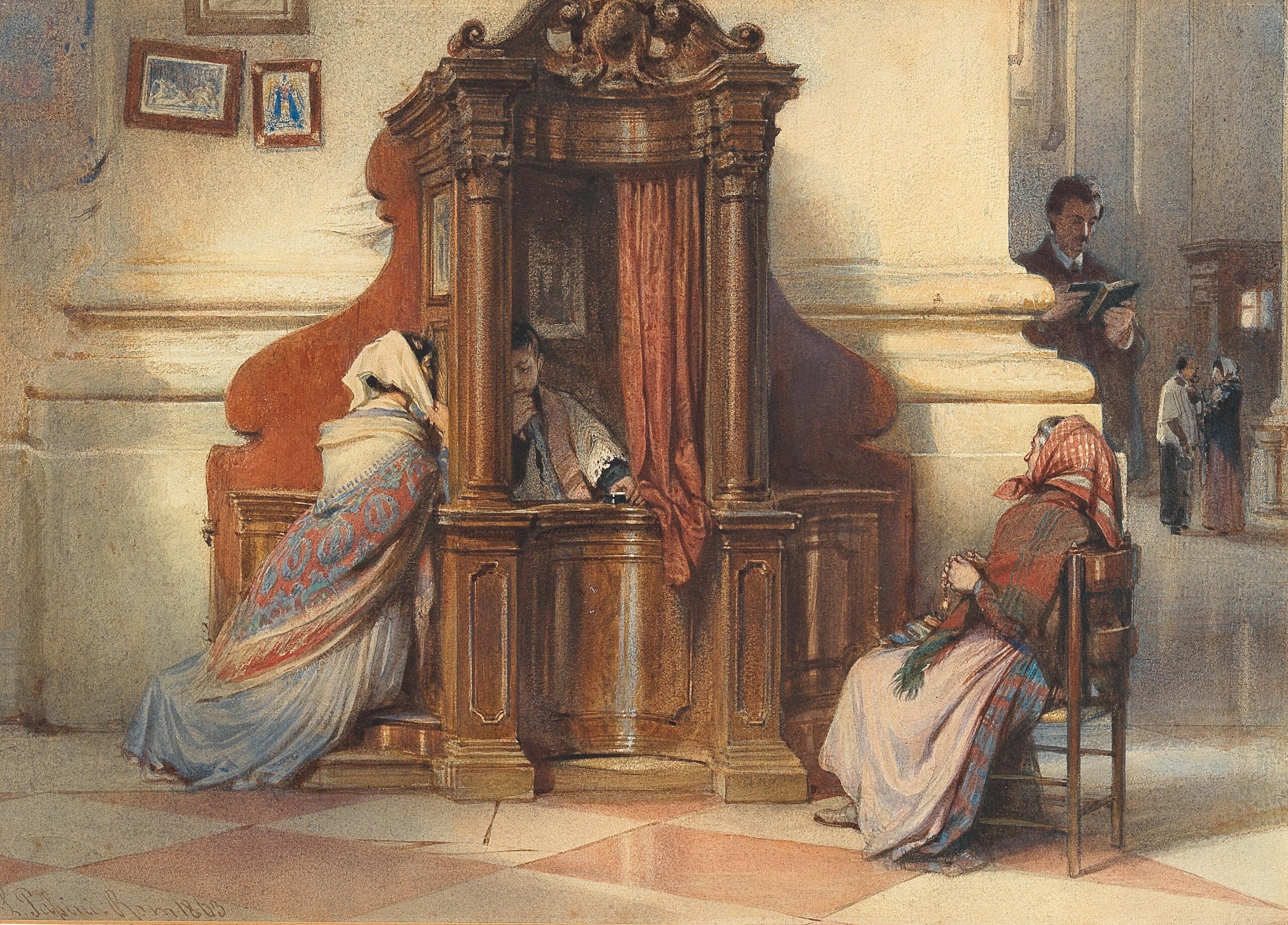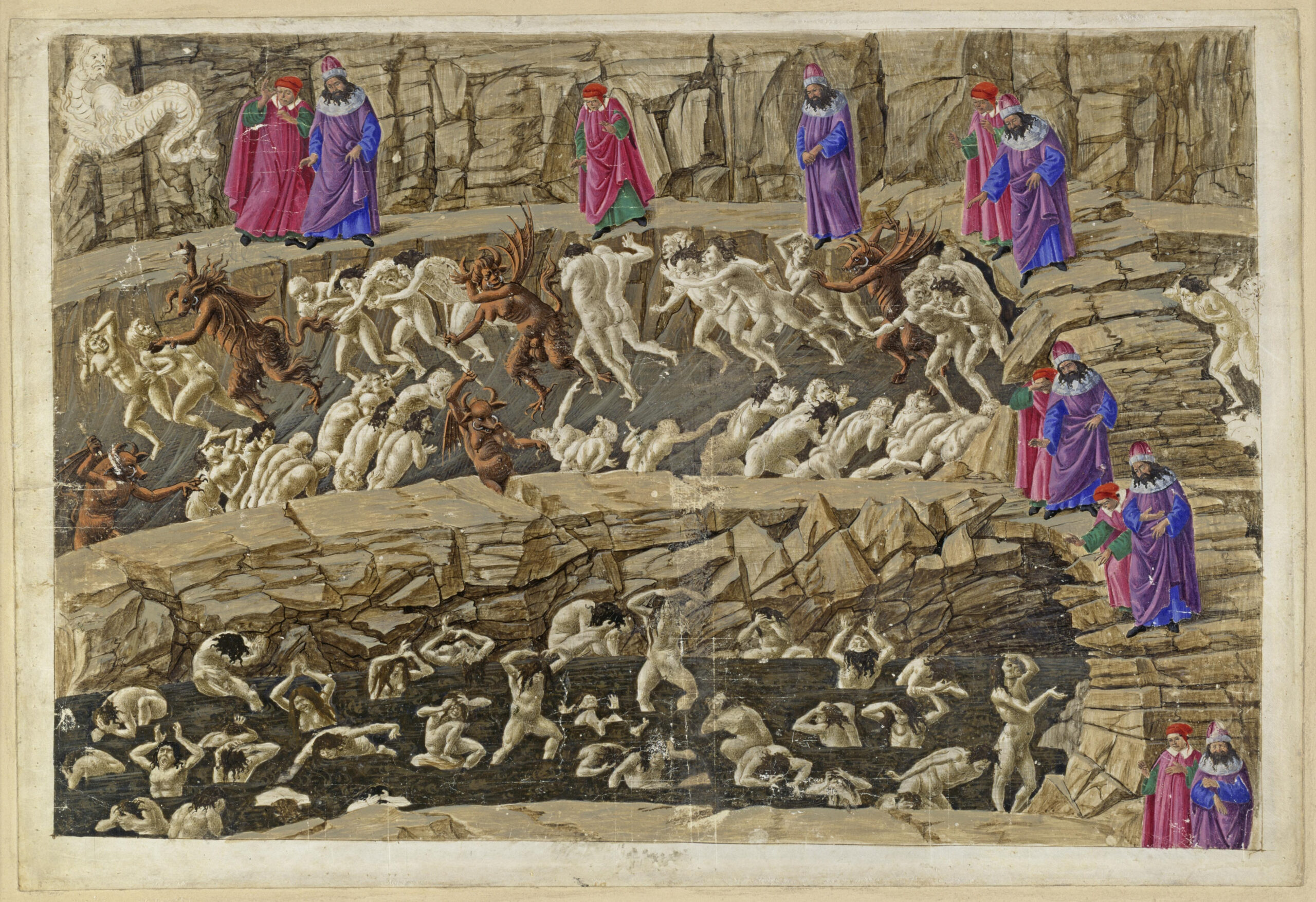Saint Benedict was the object of great envy and hostility in his lifetime, but he responded each time with remarkable holiness. Read two incredible stories of Benedict miraculously avoiding death by poison!
The Poisoned Chalice
Benedict’s renown for wisdom and sanctity became ever greater as time went by. Now it happened that the abbot of a certain nearby monastery passed away. And the entire community of monks there then went to Benedict and implored him to lead them as their new abbot. For a long time, he was very reluctant to agree to this proposal, saying that his own manner of life and theirs did not accord at all well. But at last, he was overcome by their entreaties and supplications, and he consented to become their abbot.
Having assumed this position, Benedict very soon perceived that they did not observe many of the proper rules of monastic life, and he duly reproved them for their shortcomings with paternal care. But as a result of this, many of the monks began to regret that they had asked Benedict to lead them, for they realized that their dissipated way of life would not be tolerated by the saint.
When they saw that what they had previously been accustomed to do freely was now no longer permitted to them, they resolved to rid themselves of their new abbot, by fair means or foul. So some of them secretly mixed some poison in with wine.
This they brought to Benedict as he was seated at the table. But he made the sign of the cross over it, and at once the glass goblet which contained the wine shattered, as if it had been struck by a rock!
He then realized that the wine had been poisoned—that it was indeed a cup of death, since it was not able to withstand or resist the cross, which is the sign of eternal life.
The saint then arose and, with a placid and serene face, said, “May almighty God have mercy on you, brethren! Did I not tell you that your manner of life and my own would not accord?”
Having said this, he departed from the community and returned to his beloved solitude to resume his former eremitic life. But his fame continued steadily to increase, and his sanctity was plainly demonstrated by a multitude of signs and miracles. A vast number of people visited him, and many wished to join him in living the monastic life. And so within a short time, he had founded no less than twelve monasteries.
Envious Florentius
There was a certain priest by the name of Florentius who became inflamed with envy at Benedict’s reputation for holiness, and this envy soon grew into wicked malice.
So Florentius took a loaf of bread, soaked it in poison, and then took it to Benedict, pretending that he wished the saint to bless it for him and to accept it as a gift. Benedict took the bread gratefully, but sensing by prophetic insight that it was poisoned, gave it to a raven which he was in the habit of feeding. And he spoke to the bird thus, “In the name of the Lord Jesus Christ, take this bread to some place where no human shall ever find it!”
The raven then flew around the bread crowing vociferously, as if wishing to obey Benedict’s instructions but somehow unable to do so. The man of God then repeated his words, “I say to thee, my feathered friend, take thou this bread and hie thee hence with it! Then cast it away in some deserted place.”
Upon hearing this, the raven did exactly as it had been asked. After three days, the sable-plumed fowl returned to the saint to resume its wonted custom of accepting daily a little food from his venerable hand.
But despite the frustration of this attempted poisoning, the nefarious Florentius did not immediately cease his plotting against Benedict. For perceiving that he was unable to harm the body of the master, he resolved instead to attack the souls of his disciples. So he engaged seven beautiful maidens, and he would pay them to go to the garden of the monastery and to play and dance there, quite naked. It was, indeed, his scheme to incite thereby the young monks to thoughts of fornication and to inflame their hearts with the distracting and insidious fires of carnal lust.
When Benedict saw what was taking place and how Florentius was working to corrupt his community, he resolved to depart to another locality, together with his brethren monks. Now, the dastardly Florentius was looking on as all of this was happening, sitting in a chamber at the top of a solarium. And he rejoiced with a most wicked joy. Yet suddenly, the solarium collapsed, and the envious cleric fell to his death!
Maur, who had remained behind and witnessed this, rushed after Benedict and the monks who were traveling with him. With great exultation, he said to him, “O master, the one who has been seeking to undermine you is now dead!”
But the saint did not rejoice when he heard this, as one may well have expected him to do; but, on the contrary, he wept bitterly. Perhaps he wept to hear of the demise of Florentius himself; or perhaps he mourned that his disciple, Maur, should exult thus over the death of his foe.
Wisely, then, did Benedict enjoin Maur to repentance over his presumptuous exultation at the death of another human being. He also declared that, though one may change the location where one resides, nevertheless the real enemy—that is the devil—will work the same temptations in every place.
ooo
This article is taken from a chapter in The Cross and Medal of Saint Benedict by St. Gregory, St. Bernard, and others which is available from TAN Books.


